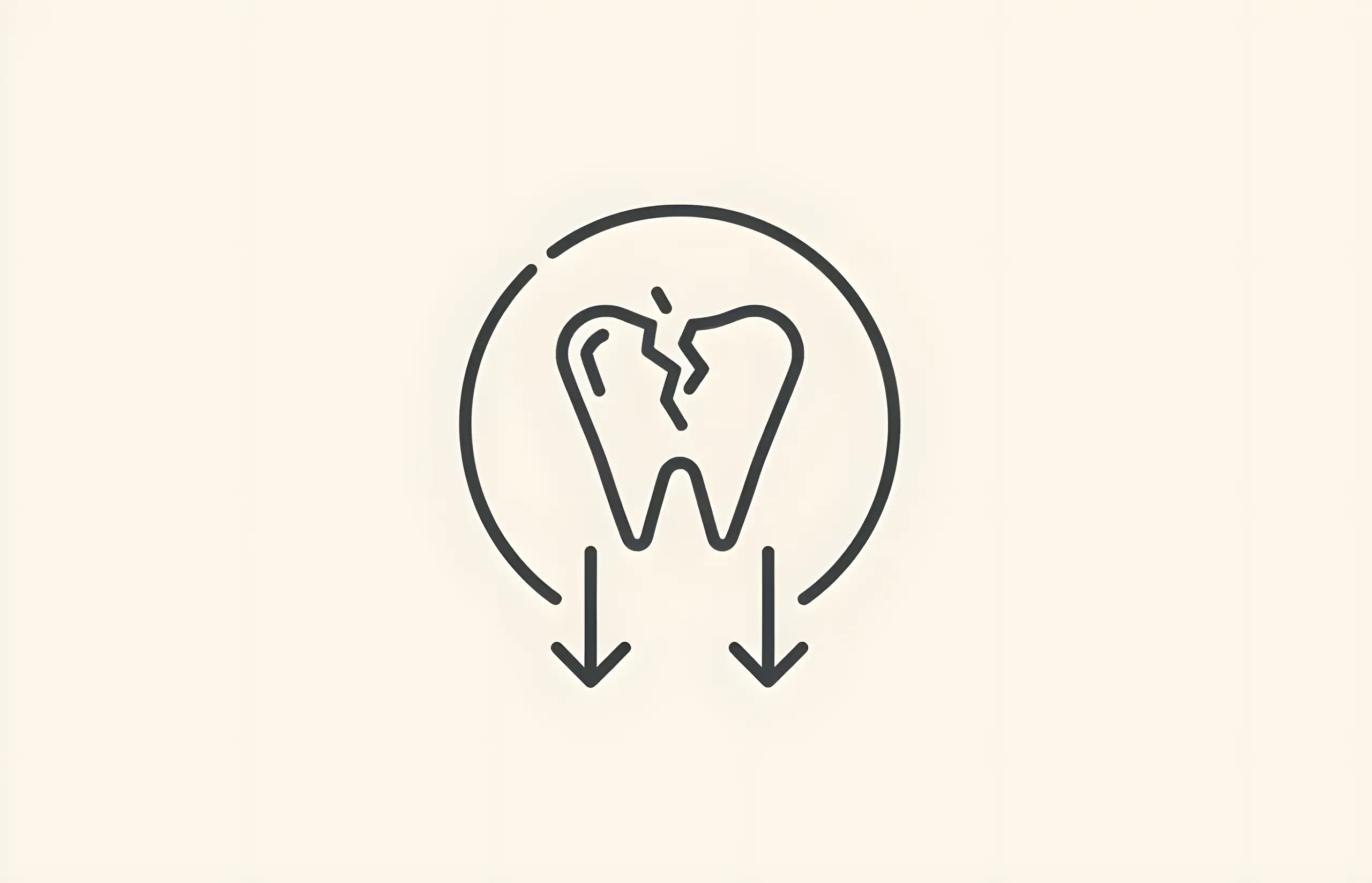When you find yourself in need of having some teeth pulled, there are many options dentists can utilize to fill in the gaps. Dentists will typically replace said teeth through the use of dental implants, dentures, or dental bridges.
Unlike bridges or dentures, dental implants are placed into a patient's jawbone and more permanent fixture. Many patients can prefer these because they do not tend to slip or shift over time.
What Are Mini Dental Implants?
Mini dental implants are similar in structure to regular implants but come in a slightly smaller model. According to the Mini Dental Implant Centers of America (MDICA), they are composed of two parts. The first is a titanium piece that has a ball on each end. The second is a socket piece with a ring-shaped like an "O" made of rubber and fits around the tooth.
Disadvantages of Mini Dental Implants vs. Traditional Implants
Both traditional implants and mini implants have their advantages and disadvantages. Since mini implants are roughly half the size of traditional ones, the patient will typically need two minis to do the job of a traditional implant. Because of this, there can be more stress put on the jawbone, which can lead to a longer healing time than those who opt for the traditional implant.
Overall, traditional implants provide the patient with a more long-term solution than mini implants do. This is due to the fact that they provide better weight distribution and place less stress on the jawbone in the long-term.
Traditional implants also provide a stronger chewing force due to their larger surface area compared to mini implants. The rubber O-ring that attaches the mini implant to the post also has to be replaced throughout its lifespan as they tend to wear out and become loose.
Other Downfalls to Mini Dental Implants
Mini dental implants have other downfalls as well. They can't be used in areas with little vertical bone as the screws are long to ensure stability.
If the mini implant is supporting bridges or dentures, they may require four or more implants compared to the one or two required for traditional implants. If the patient's mini implant gets damaged, the entire thing has to be removed and reimplanted all over again, making the process longer and more traumatizing for the patient.
What Should Patients Ultimately Decide?
Overall, the decision between traditional and mini dental implants comes down to the individual health of the patient's mouth and the discretion of the dentist. There are instances in which mini implants are going to be better, but the general consensus is that patients should lean toward the traditional option for longevity and structure over time.
Traditional implants tend to provide the patient with a stronger and more durable tooth, which will inevitably require less frequent trips for touch-ups and fixes over the implant's lifespan.
Sources and References
-
[1]
Mini vs. Standard Implants for Mandibular Overdentures: A Randomized TrialJournal of Dental Researchhttps://pubmed.ncbi.nlm.nih.gov/26294416/
-
[2]
Biomechanical behavior of mandibular overdenture retained by two standard implants or 2 mini implants: A 3-dimensional finite element analysisJournal of Prosthodontics (PubMed)https://pubmed.ncbi.nlm.nih.gov/33393474/
-
[3]
How successful are small-diameter implants? A literature reviewClinical Oral Implants Researchhttps://pubmed.ncbi.nlm.nih.gov/22313216/
-
[4]
Clinical outcomes and bone-level alterations around one-piece mini dental implants retaining mandibular overdentures: 5-year follow-up of a prospective cohort studyClinical Oral Implants Researchhttps://pubmed.ncbi.nlm.nih.gov/32096255/
-
[5]
Two Conventional Implants vs Four Mini Dental Implants to Retain Mandibular Overdentures: A Systematic Review of Clinical and Radiological OutcomesInternational Journal of Oral & Maxillofacial Implants (PubMed)https://pubmed.ncbi.nlm.nih.gov/39906942/
All sources accessed and verified on . Medical information reviewed for accuracy and compliance with current guidelines.
Related Articles

Alternatives to Dental Implants
Comprehensive guide to dental implant alternatives including fixed bridges, resin-bonded bridges, partial dentures, and complete dentures with cost comparisons
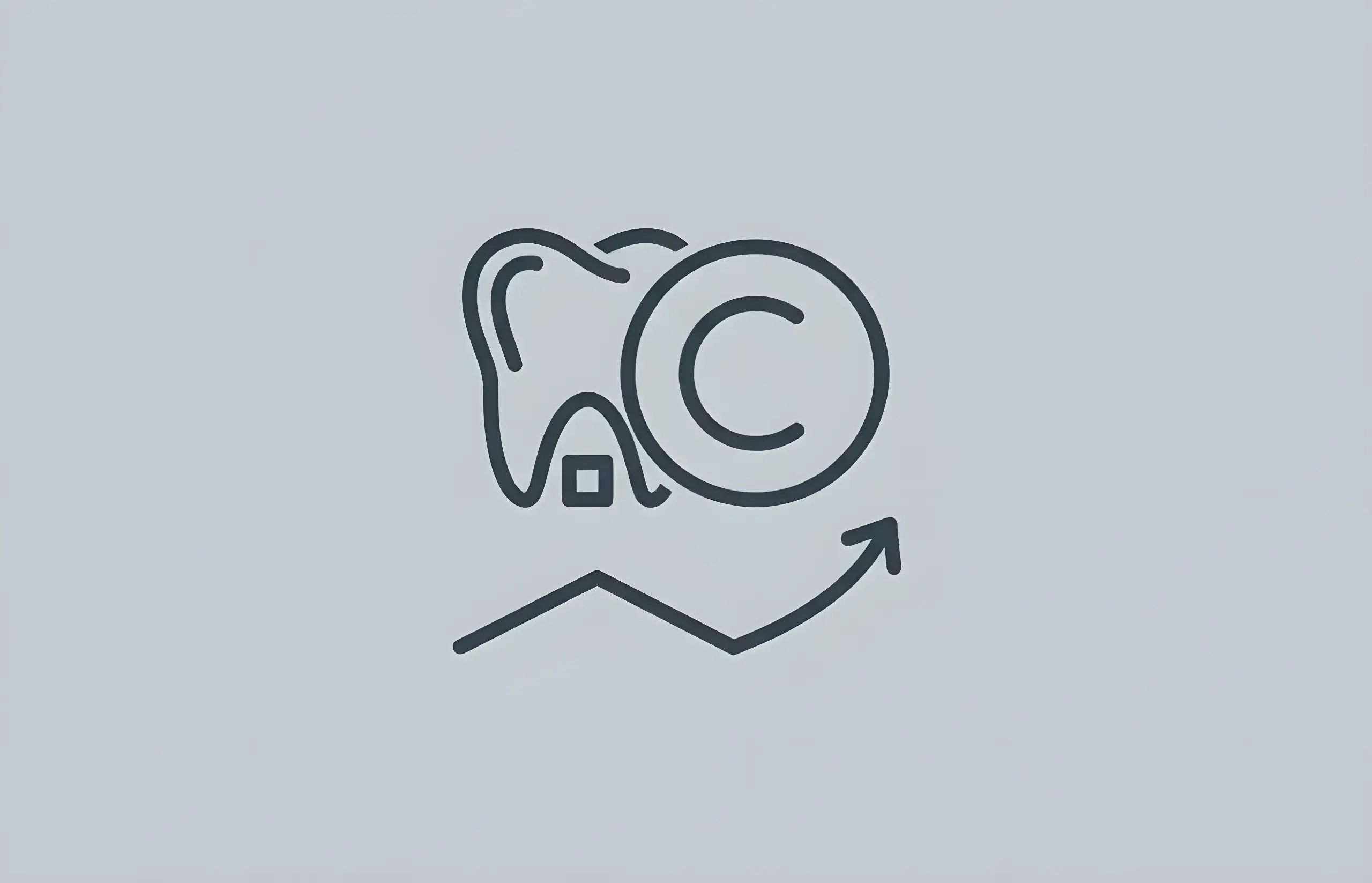
Are Dental Implants Covered by Insurance?
Comprehensive guide to dental implant insurance coverage, what plans typically cover, alternative payment options, and important information about the dental implant procedure
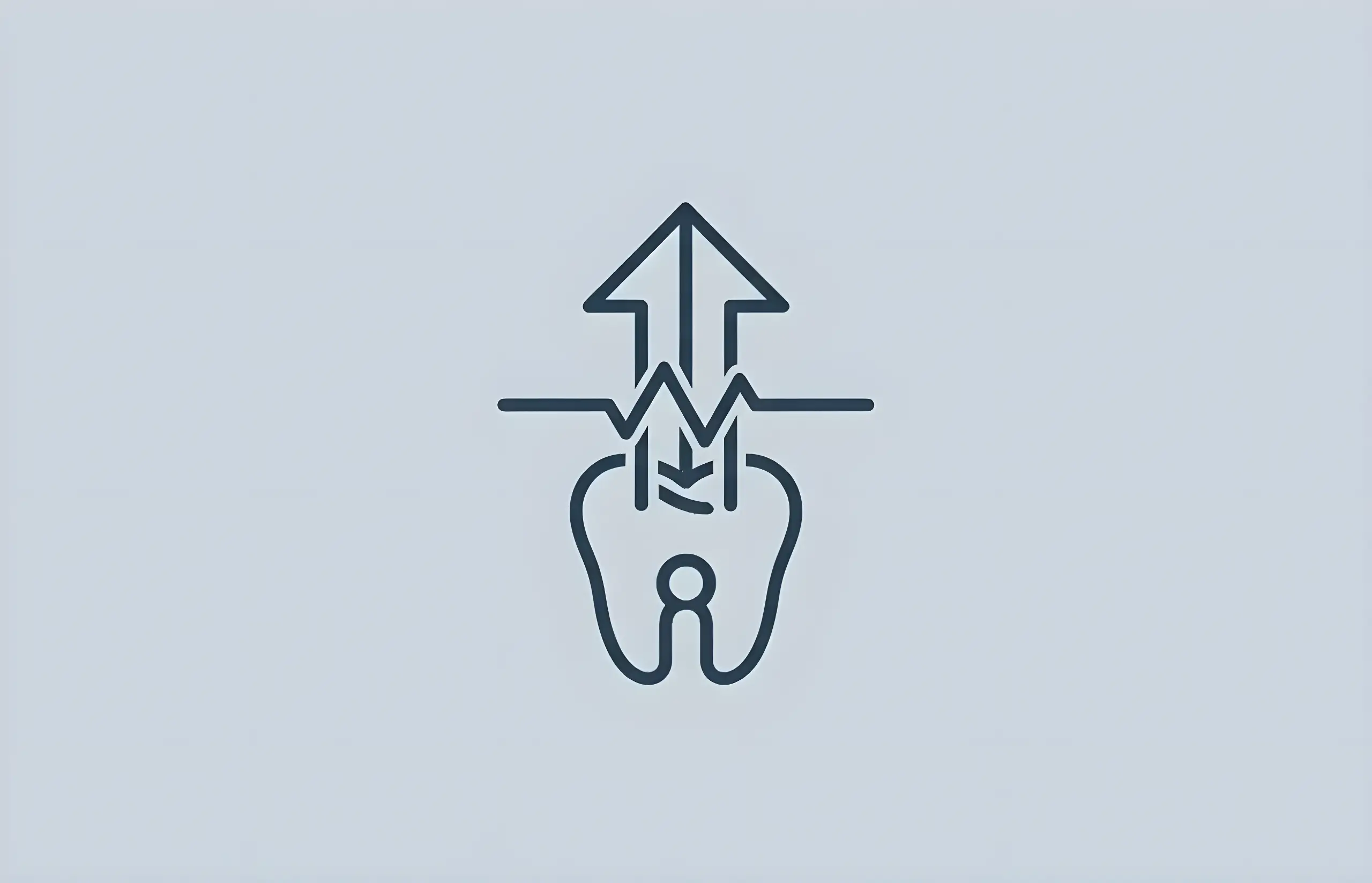
Are Dental Implants Painful?
Comprehensive guide to dental implant pain, including what to expect during surgery, post-operative recovery, pain management, and healing timeline

Dental Implant Costs In The UK – Single Tooth and Full Mouth
Complete guide to dental implant costs, financing options, success rates, and what to expect from single tooth to full mouth implant treatments in the UK
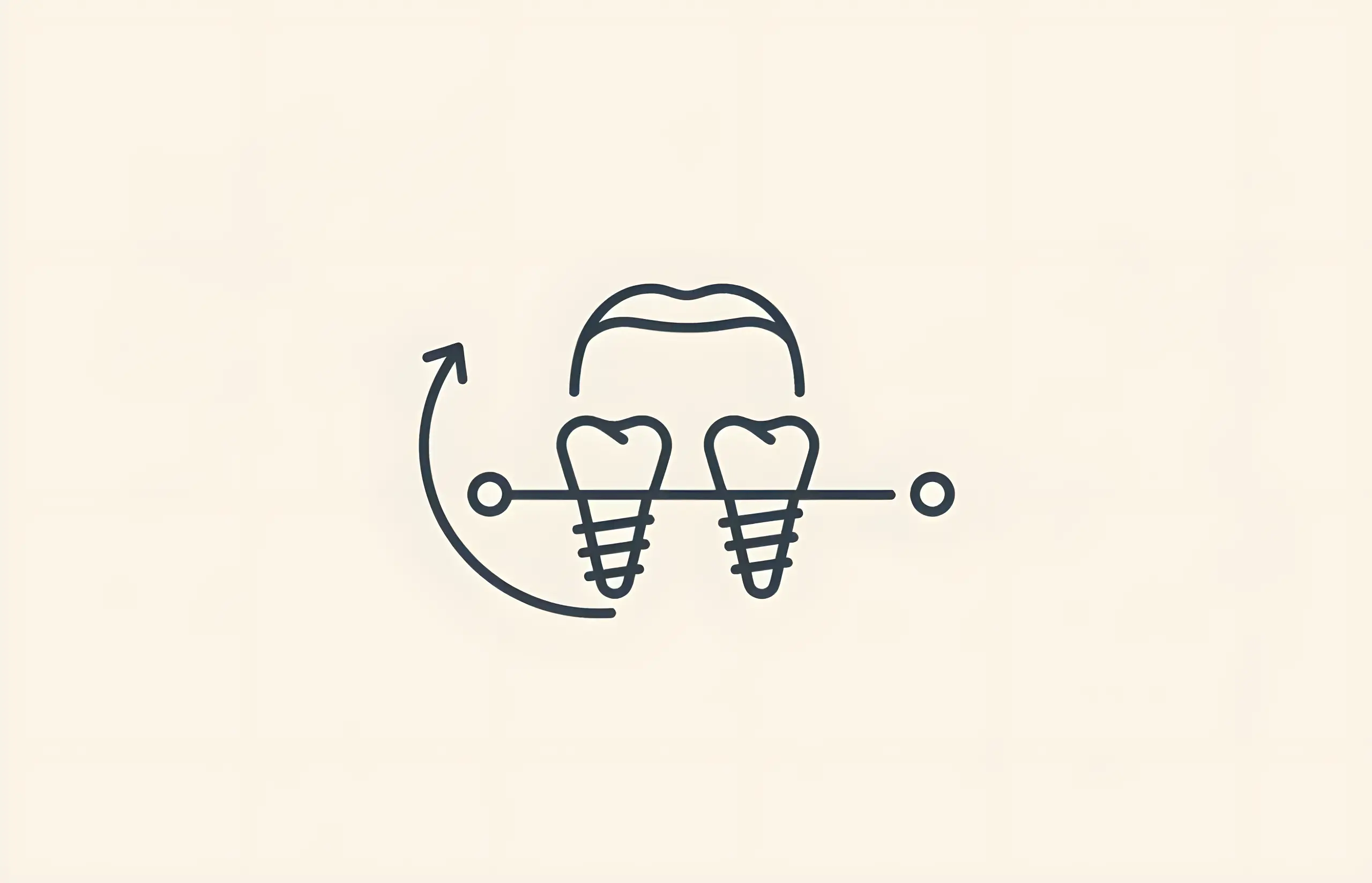
How Long Do Mini Dental Implants Last?
Understanding mini dental implant longevity, survival rates, and factors affecting their lifespan compared to traditional implants
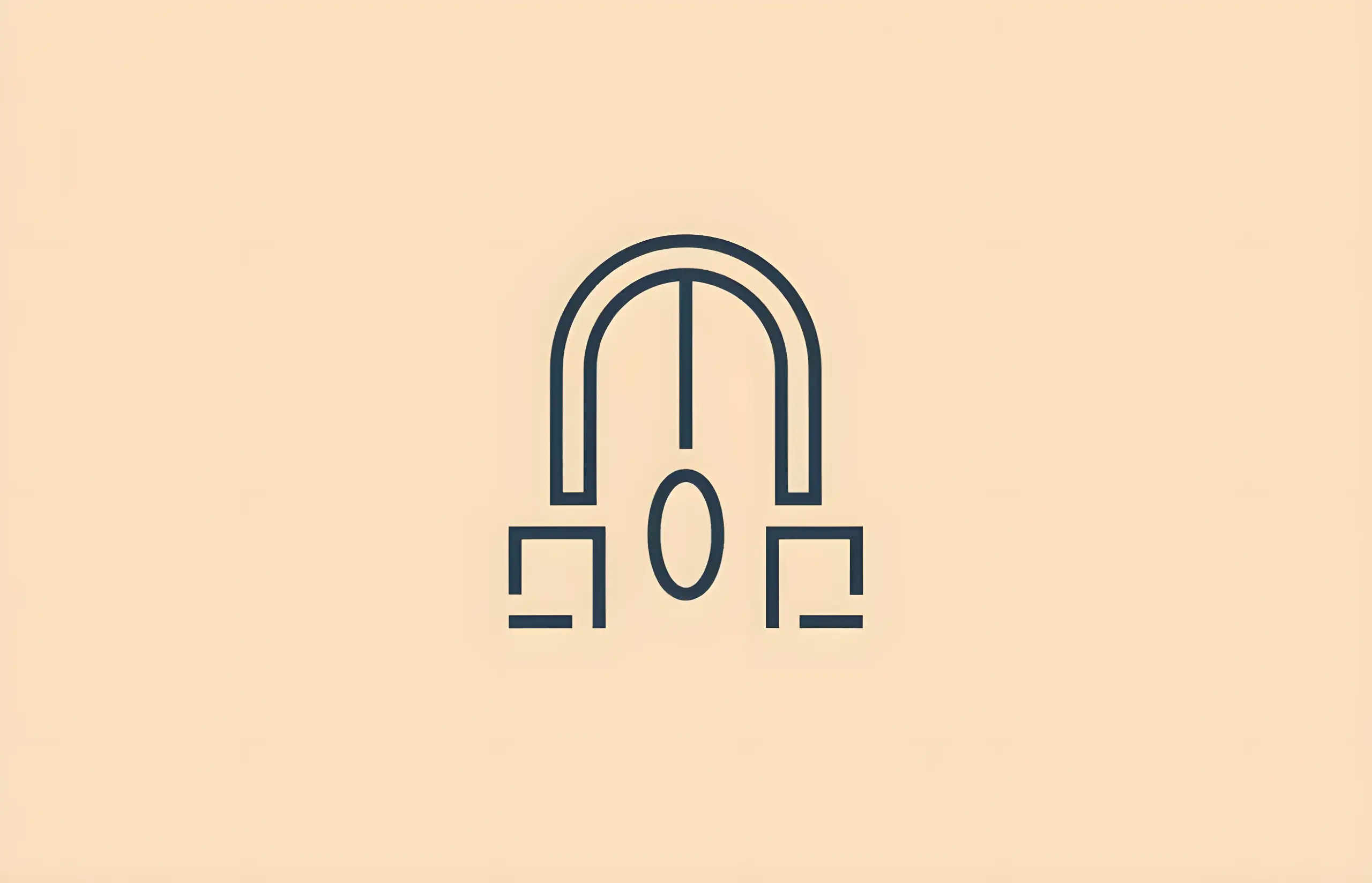
A Guide to Mini Dental Implants
Comprehensive information about mini dental implants, including what they are, the installation process, success rates, costs, and how they compare to traditional implants

The Pros and Cons of Dental Implants
A balanced overview of the advantages and disadvantages of dental implants compared to other tooth replacement options
About The Dental Guide
The Dental Guide is a trusted online resource providing evidence-based information about dental health, treatments, and procedures. Our content is created and reviewed by qualified dental professionals to help you make informed decisions about your oral health.
Our Mission
- Evidence-based dental information
- Expert-reviewed content
- Clear, accessible explanations
- Latest treatment options
- Patient-focused guidance
Editorial Standards
- GDC-registered dental professionals
- Peer-reviewed sources
- Regular content updates
- Medical accuracy verification
- Transparent authorship
Important Notice
The information on The Dental Guide is for educational purposes only and should not replace professional dental advice. Always consult with a qualified dentist for diagnosis and treatment recommendations tailored to your individual needs and circumstances.
Medically Reviewed
Reviewed by Dr. Nasim Mechoui , BDS (Bristol)
Share this article
Comments & Discussion
Have questions about dental implants? Share your thoughts or experiences.
